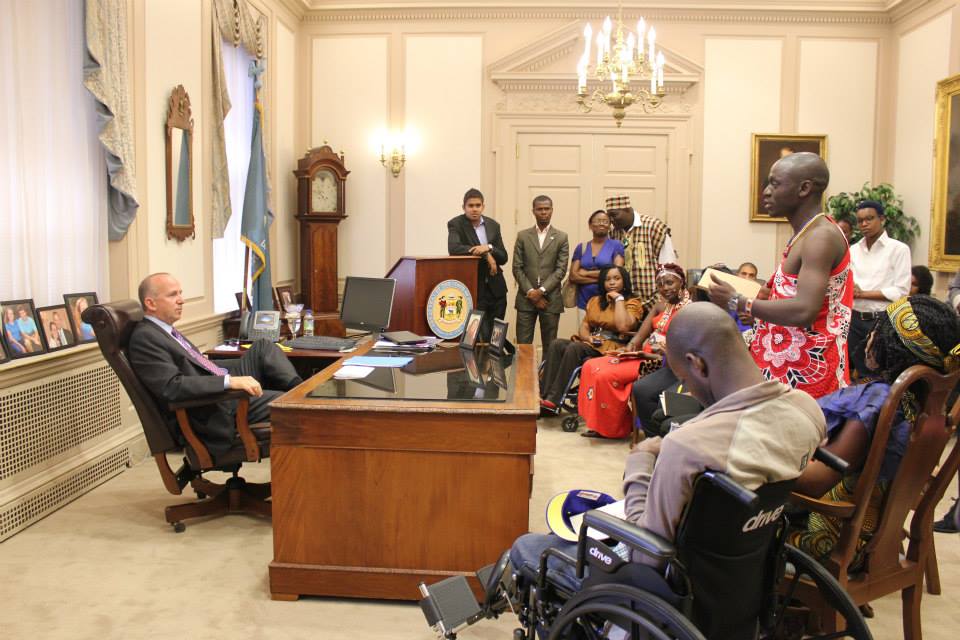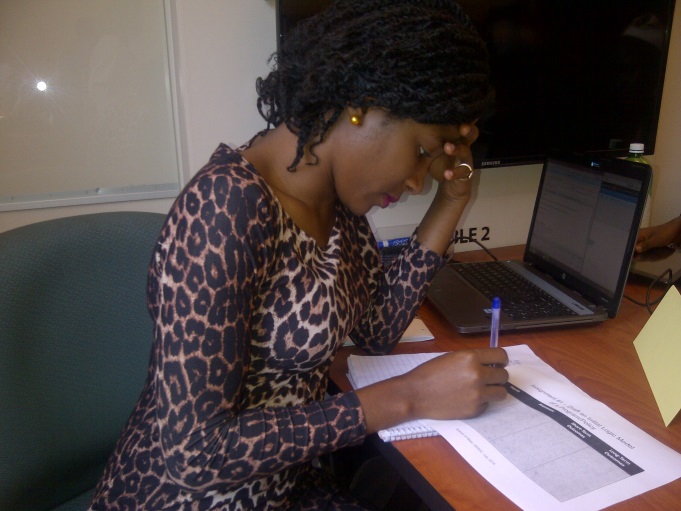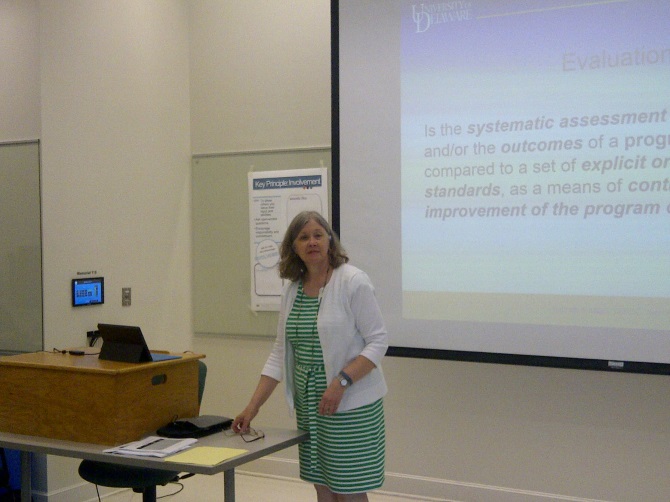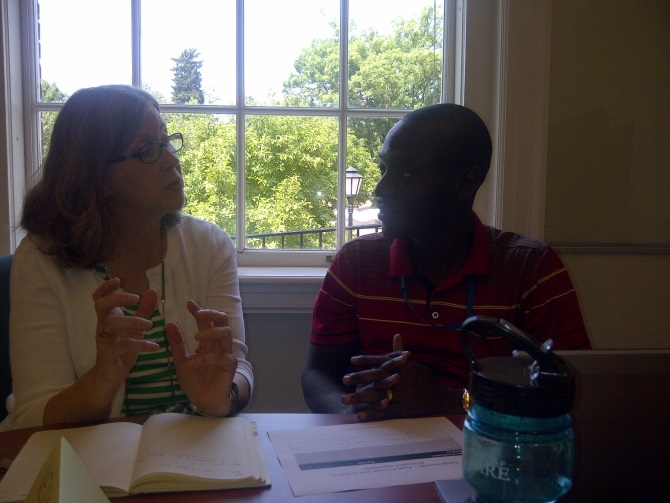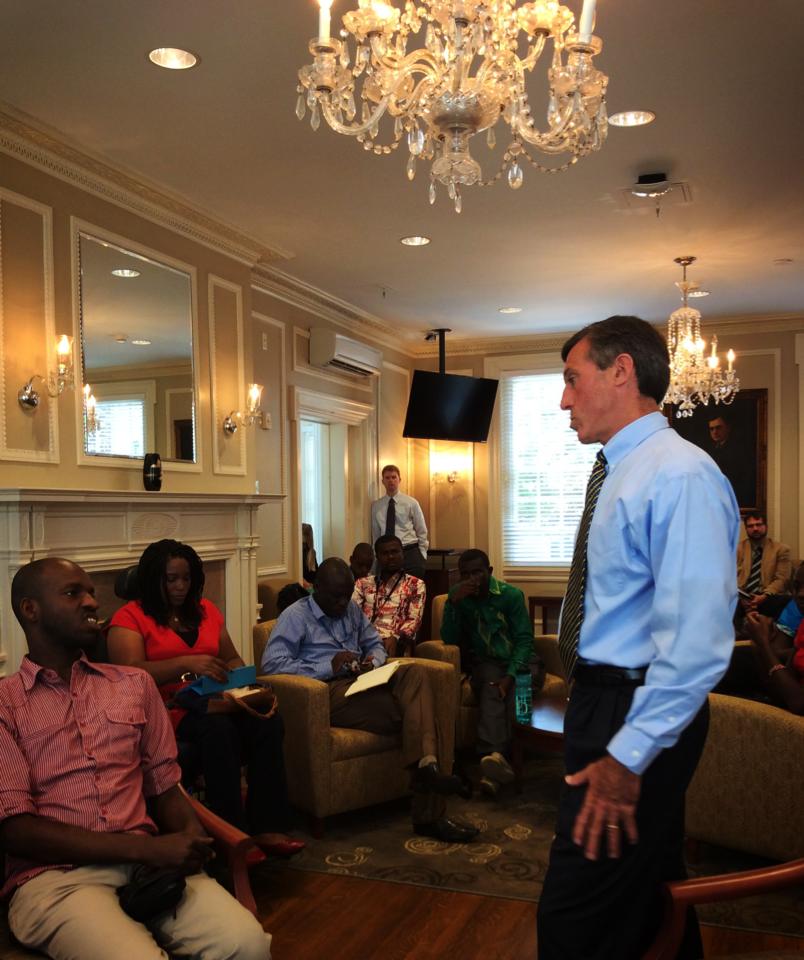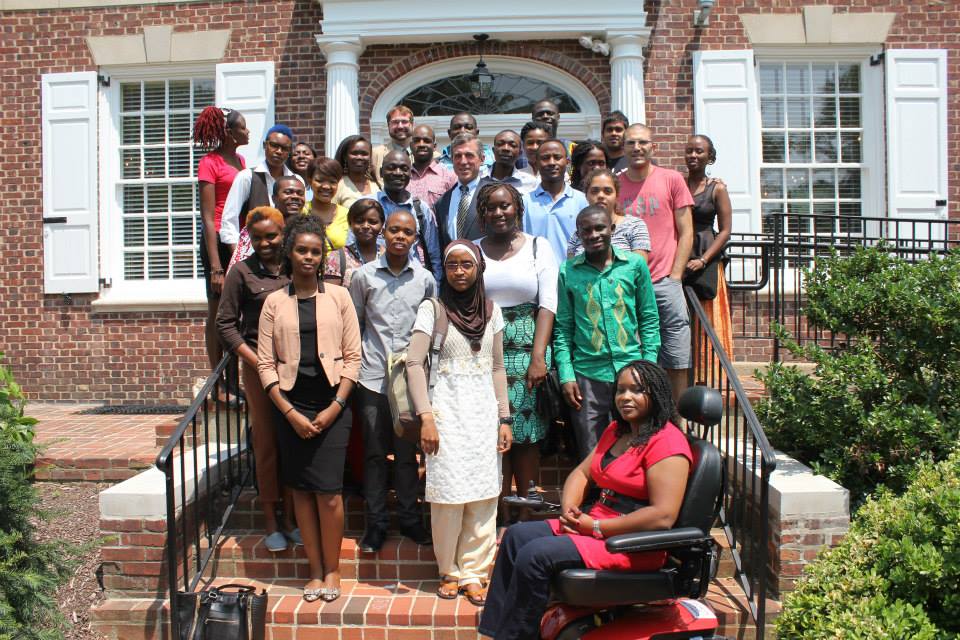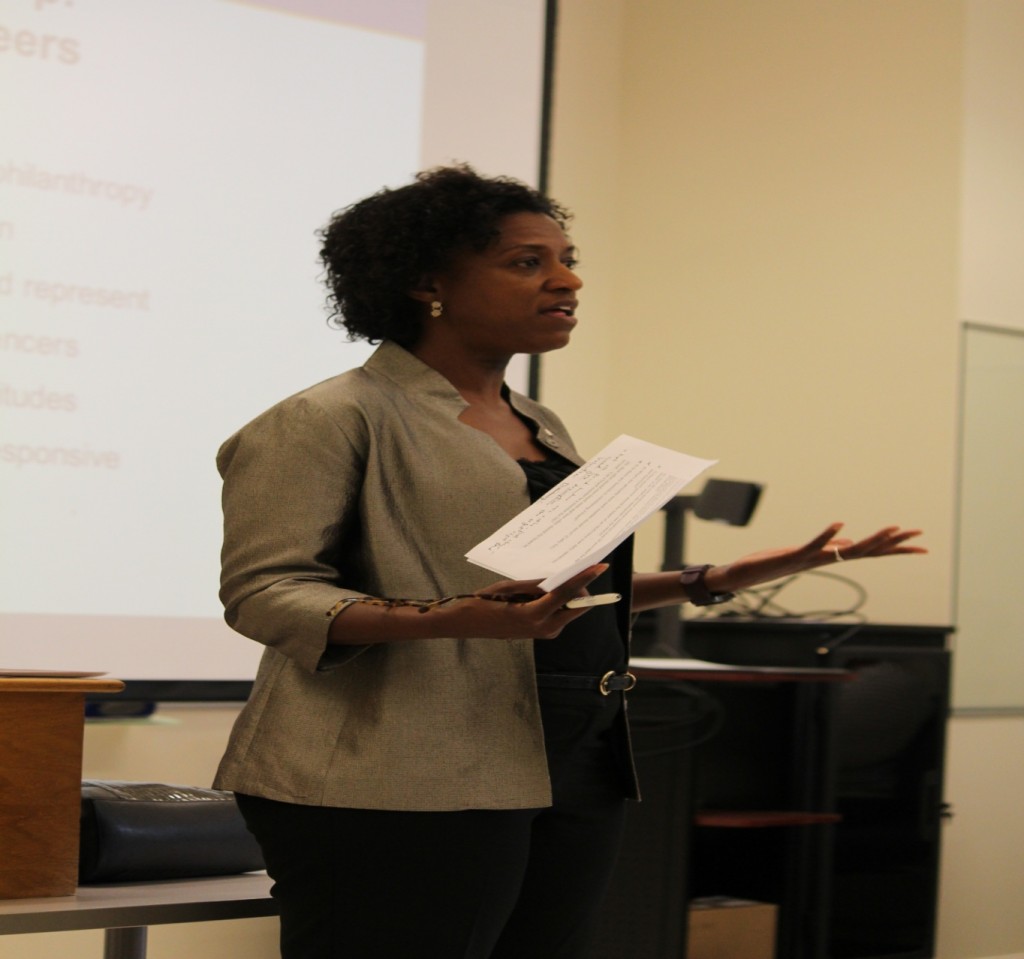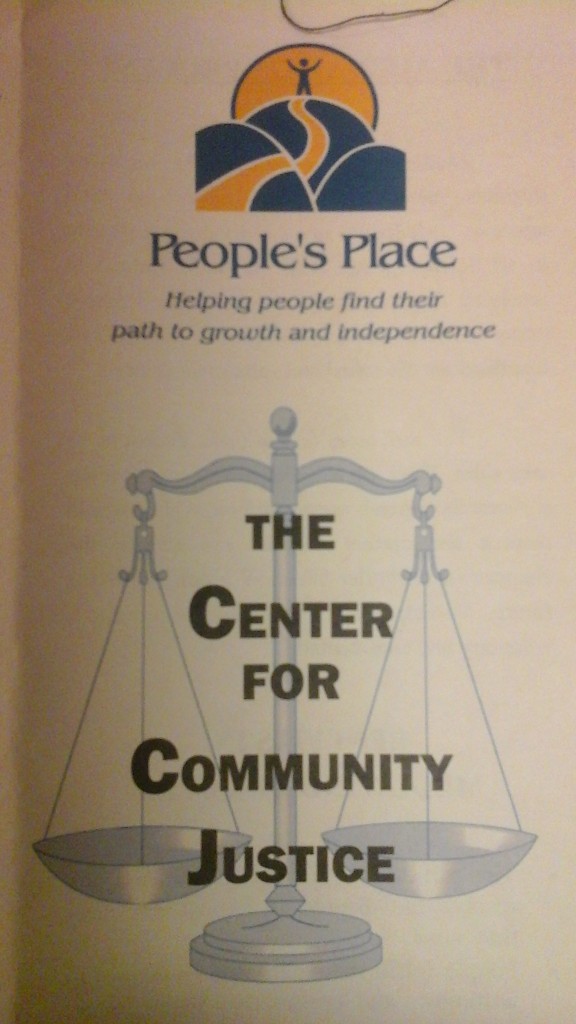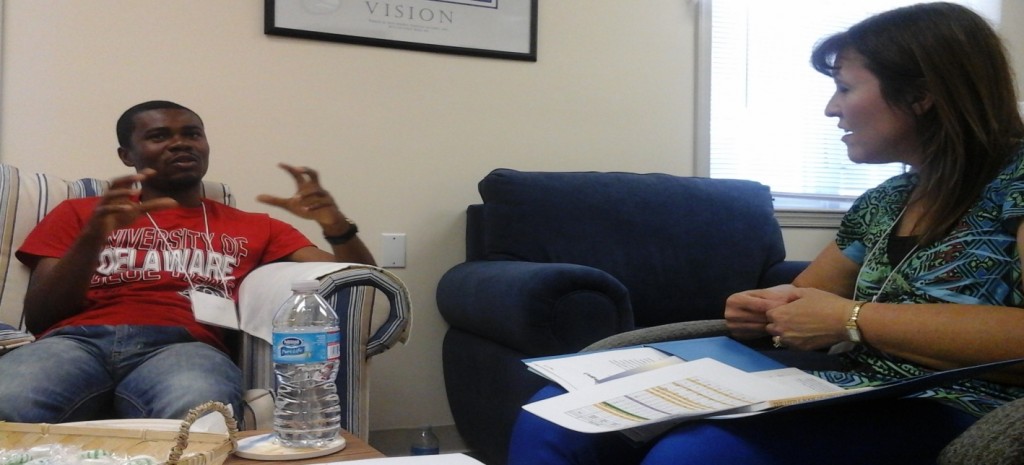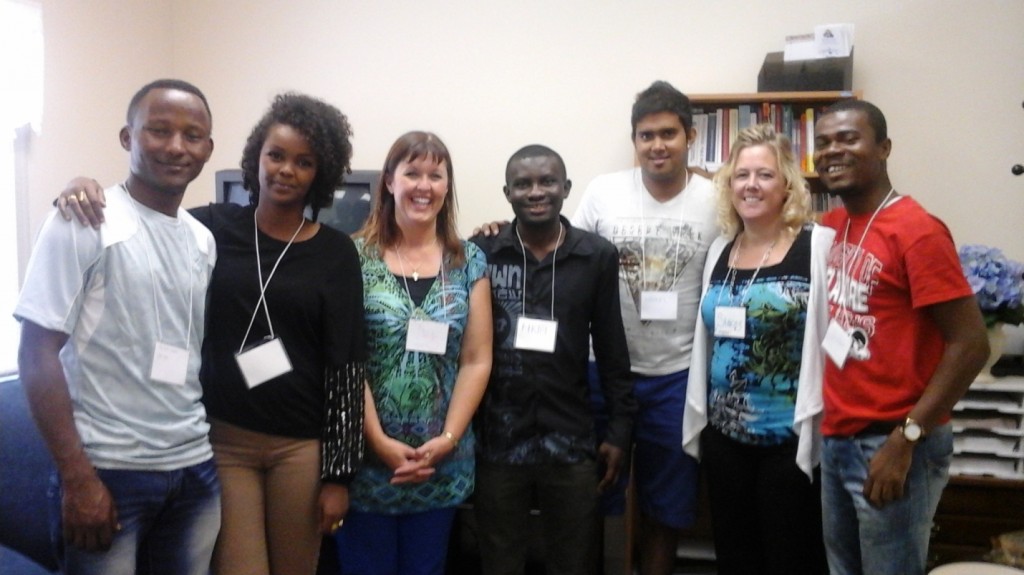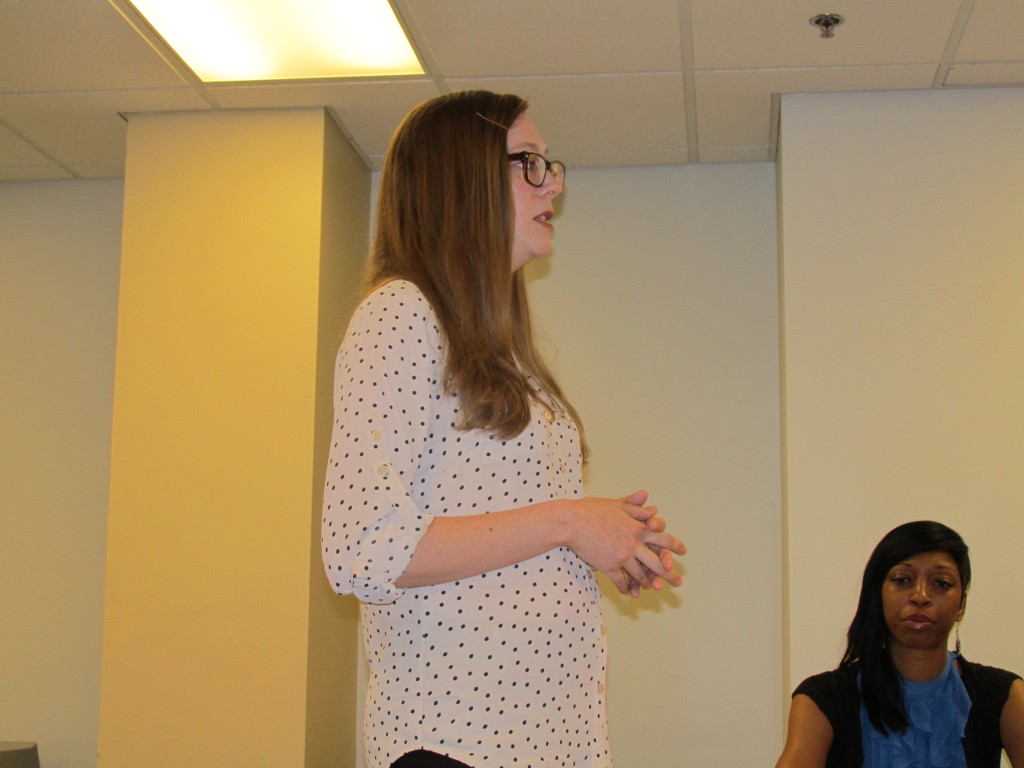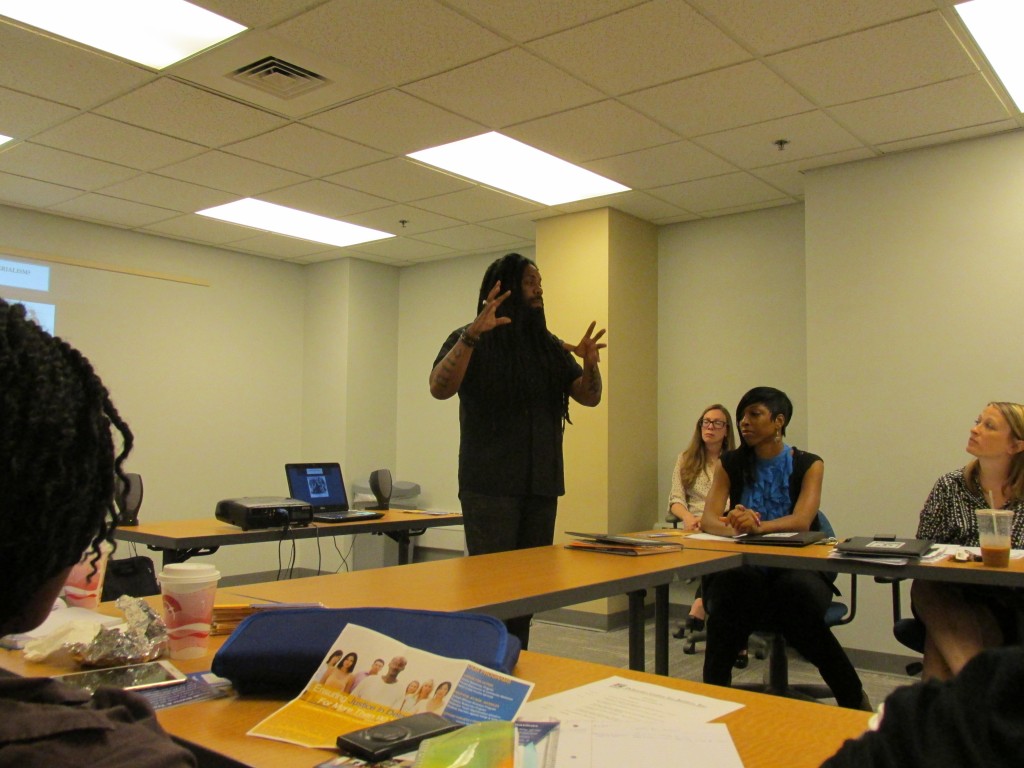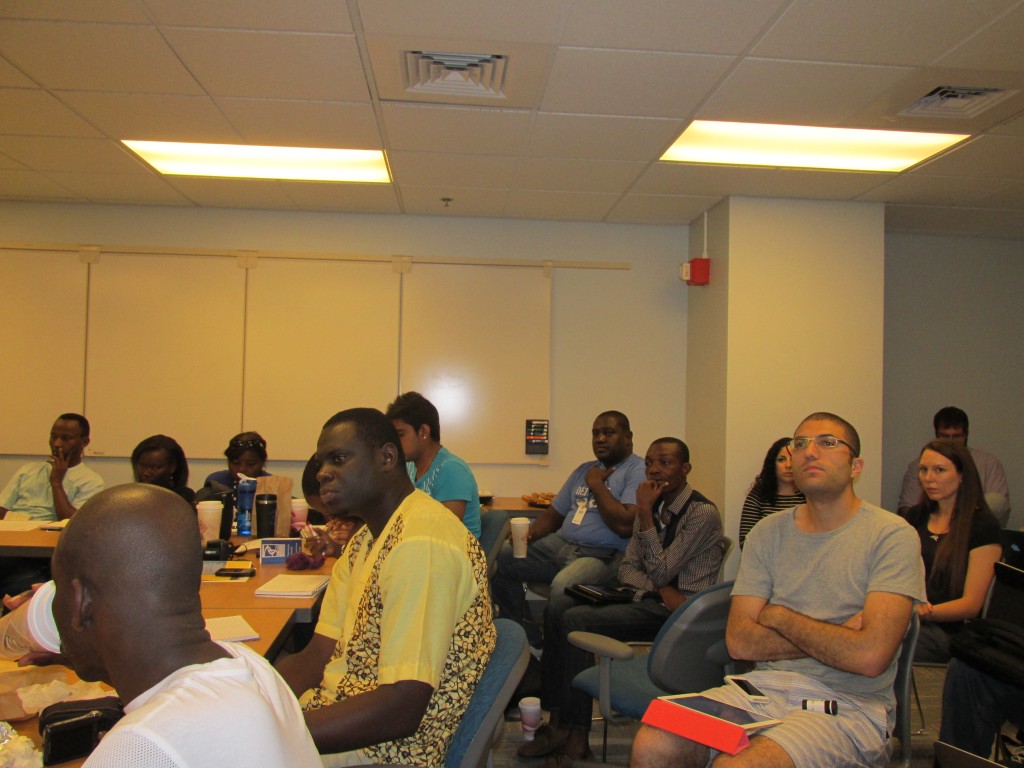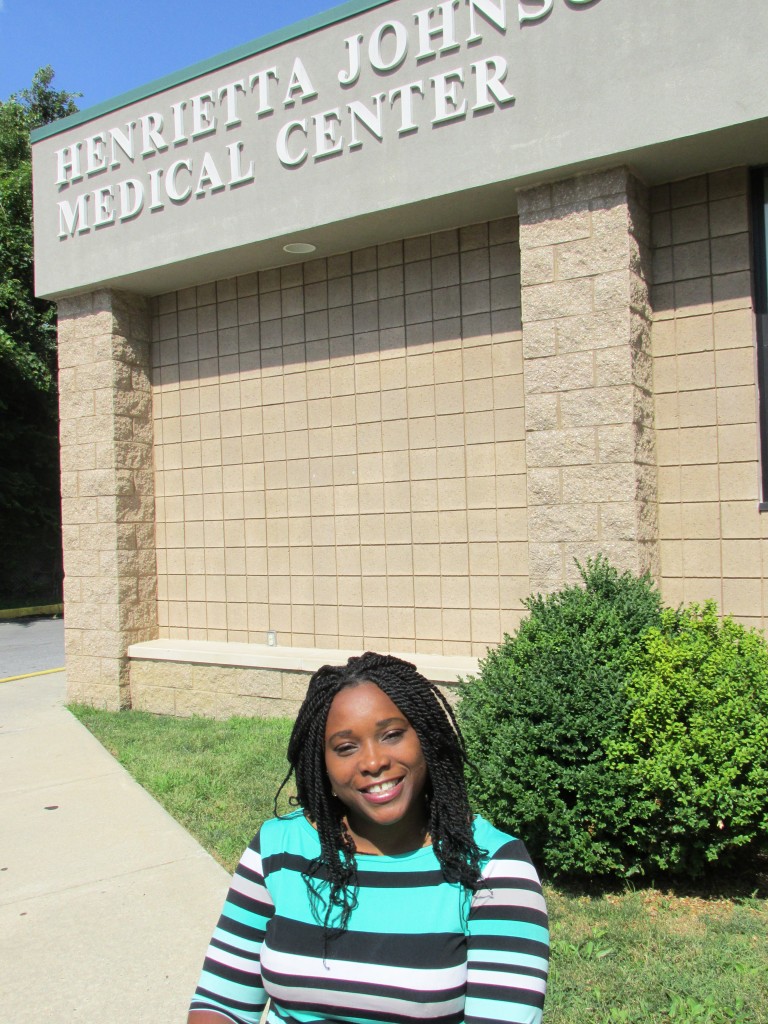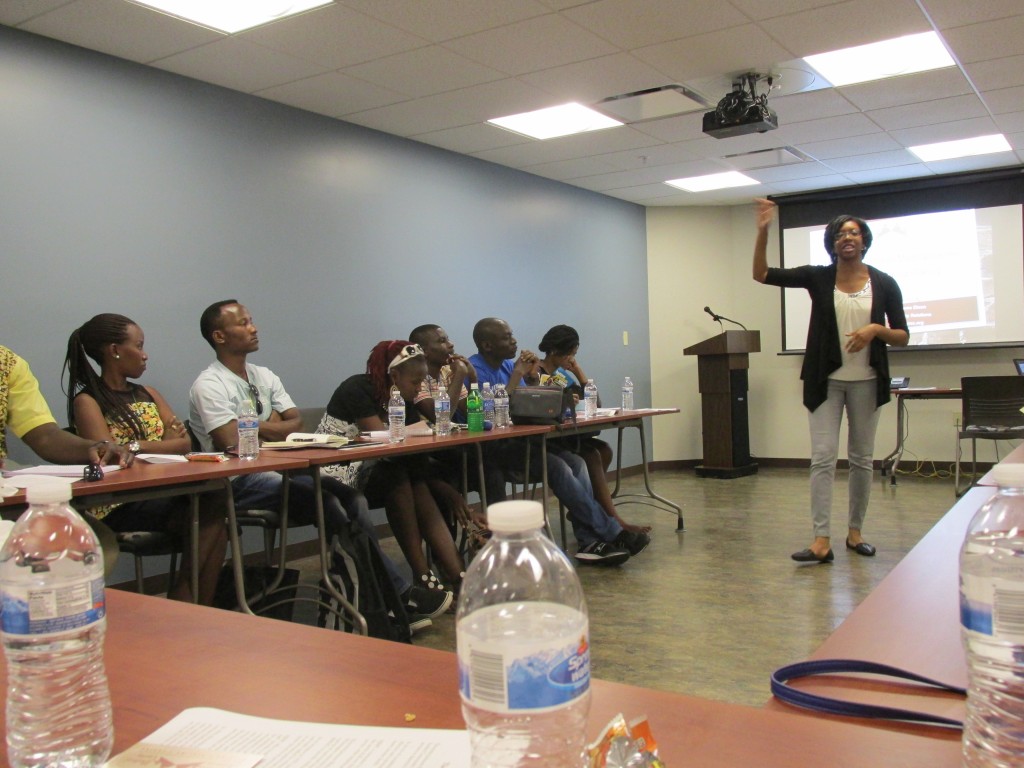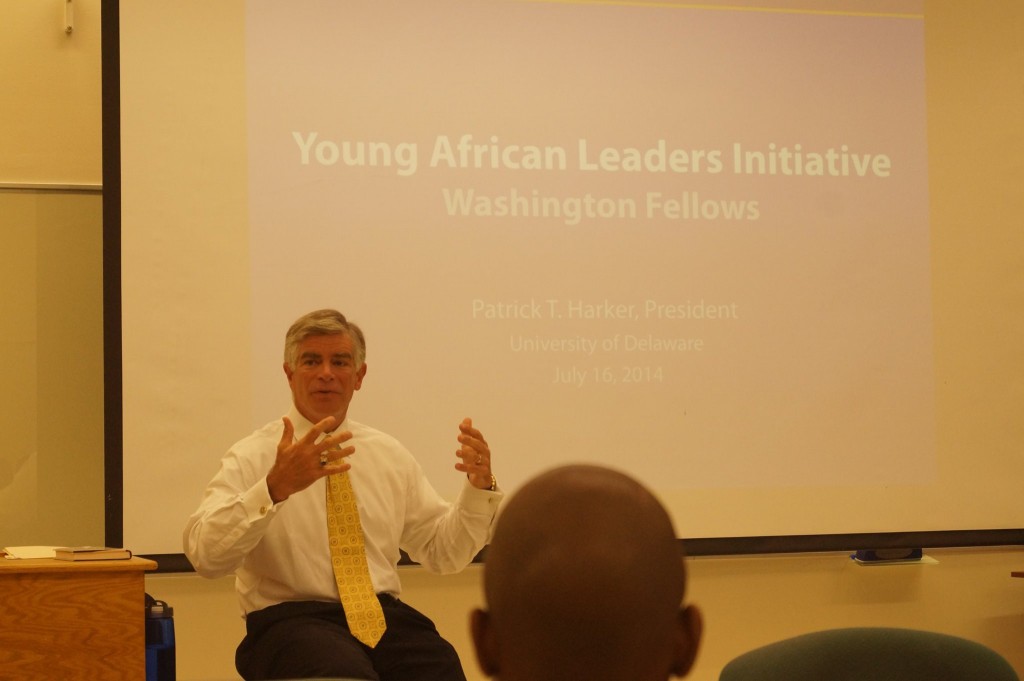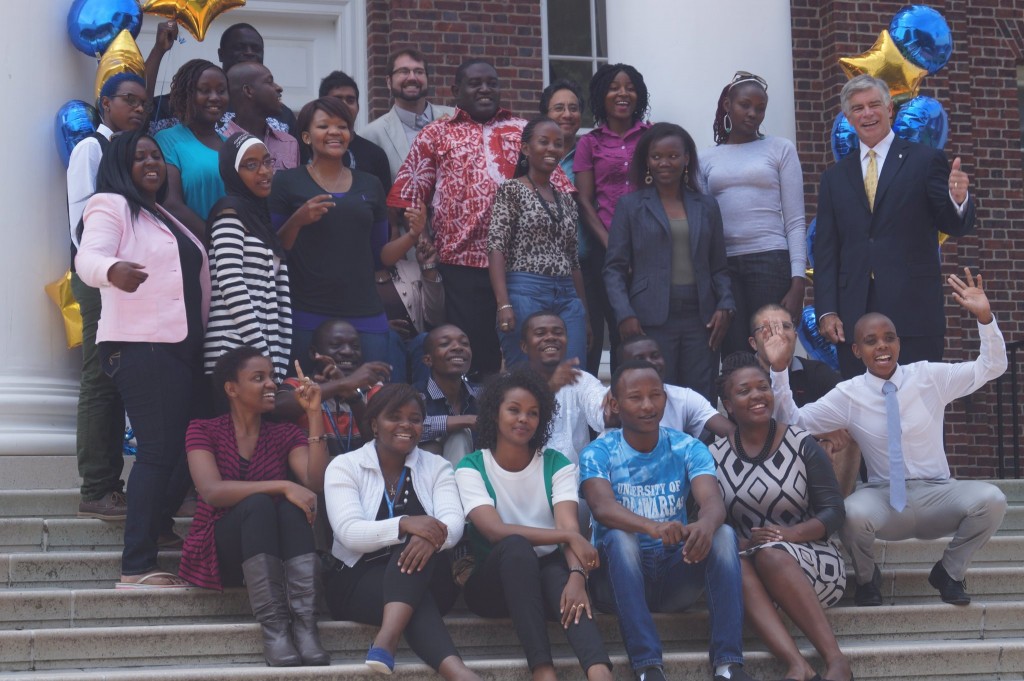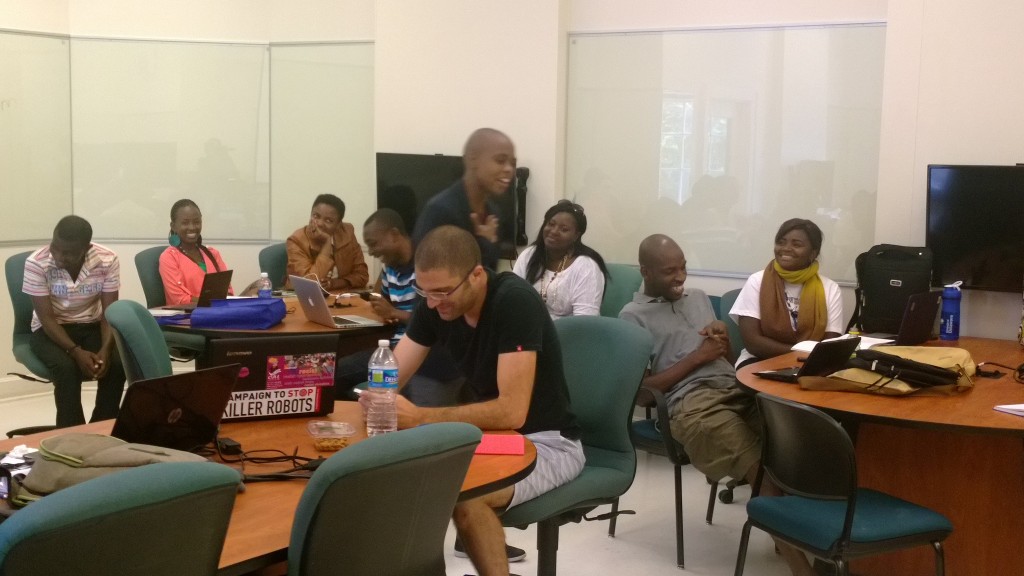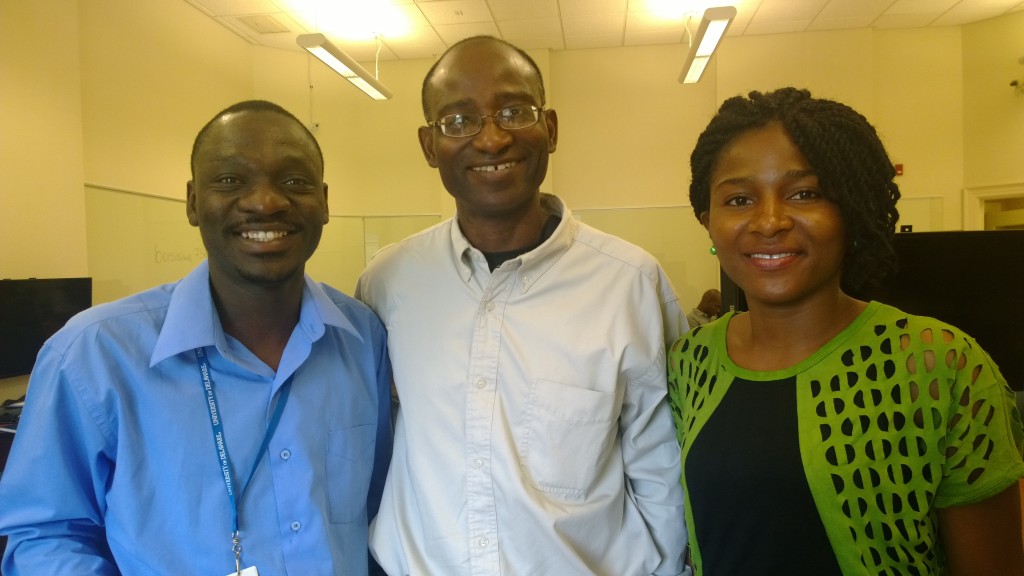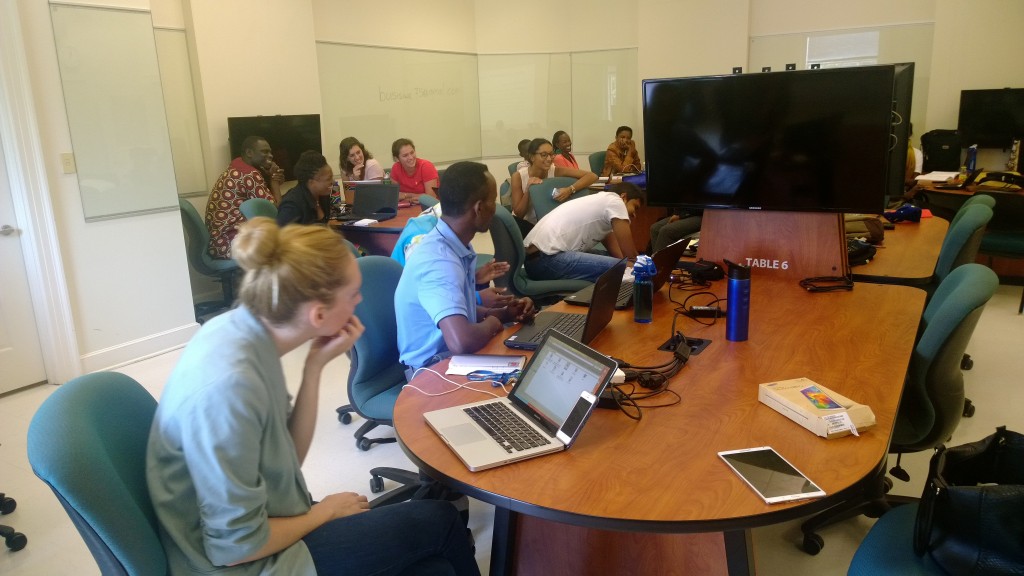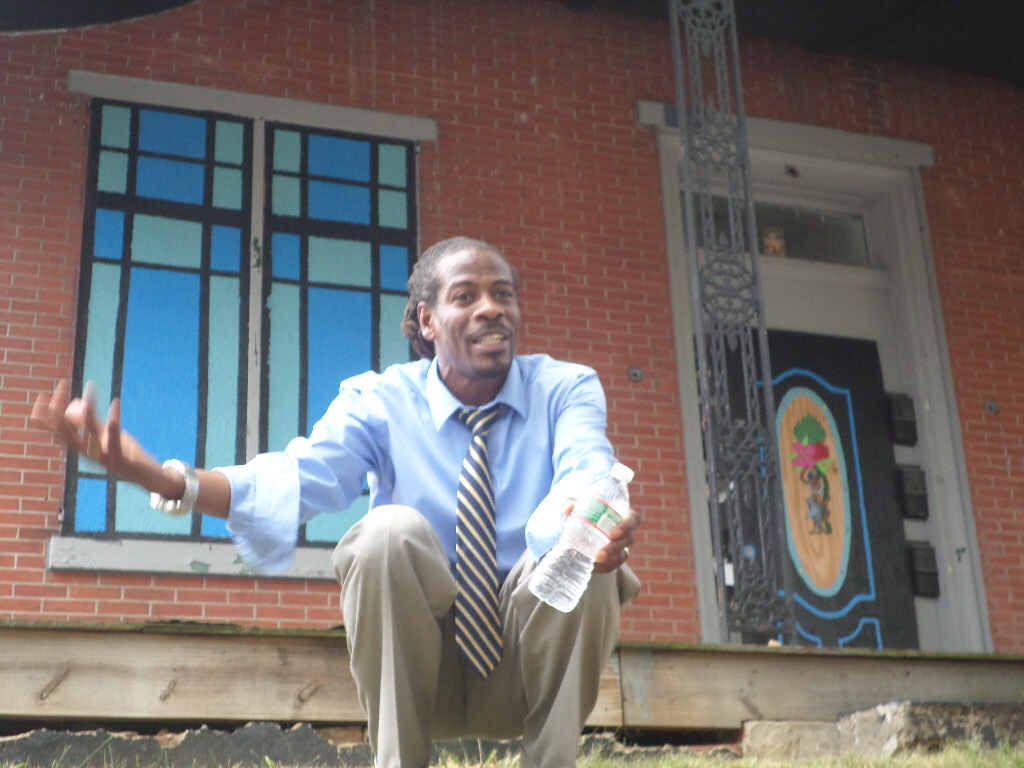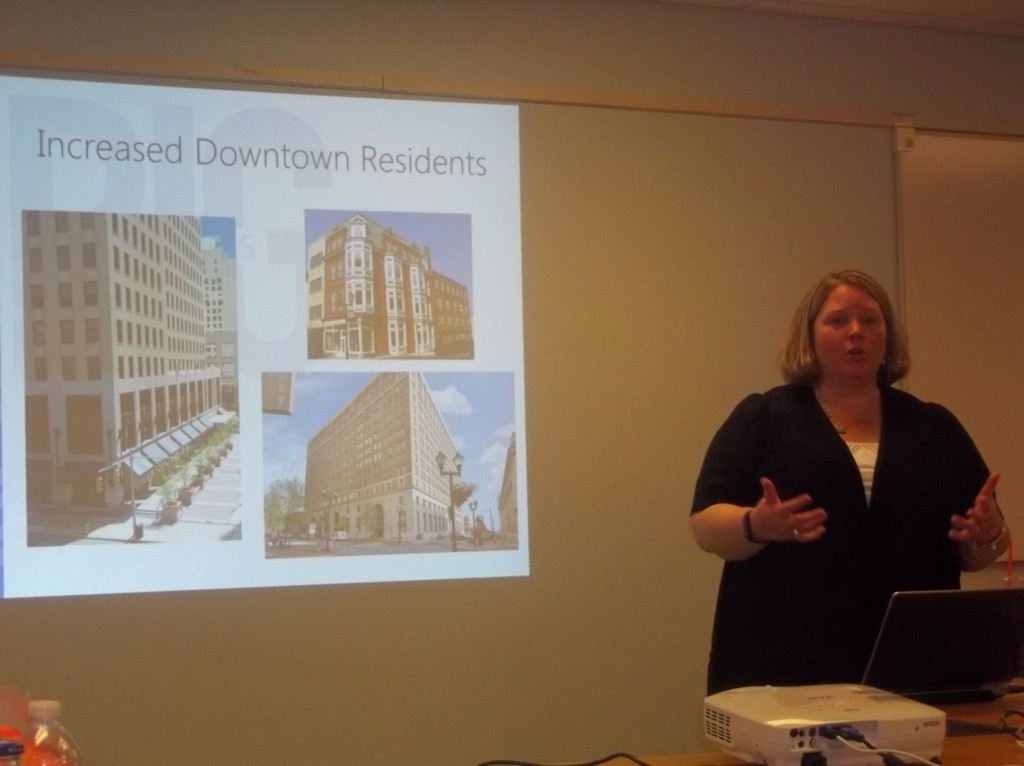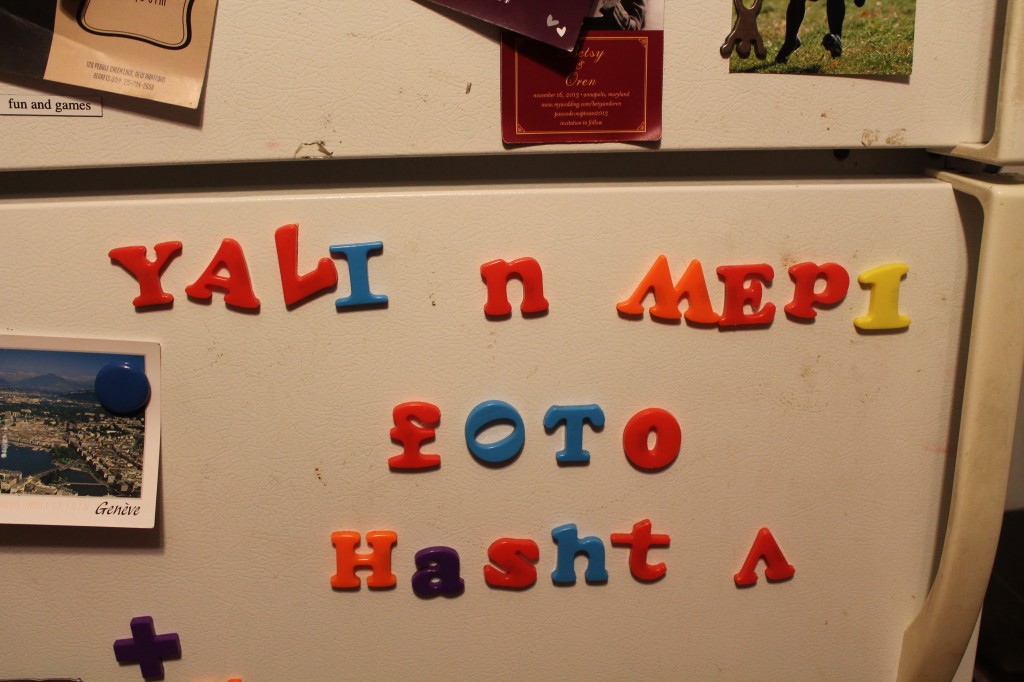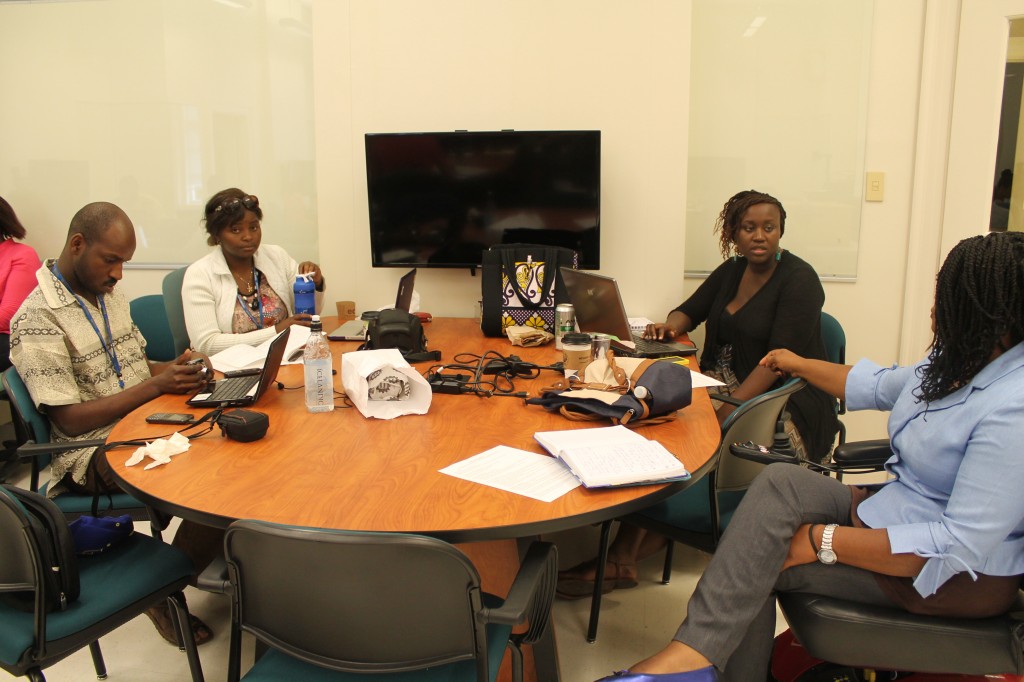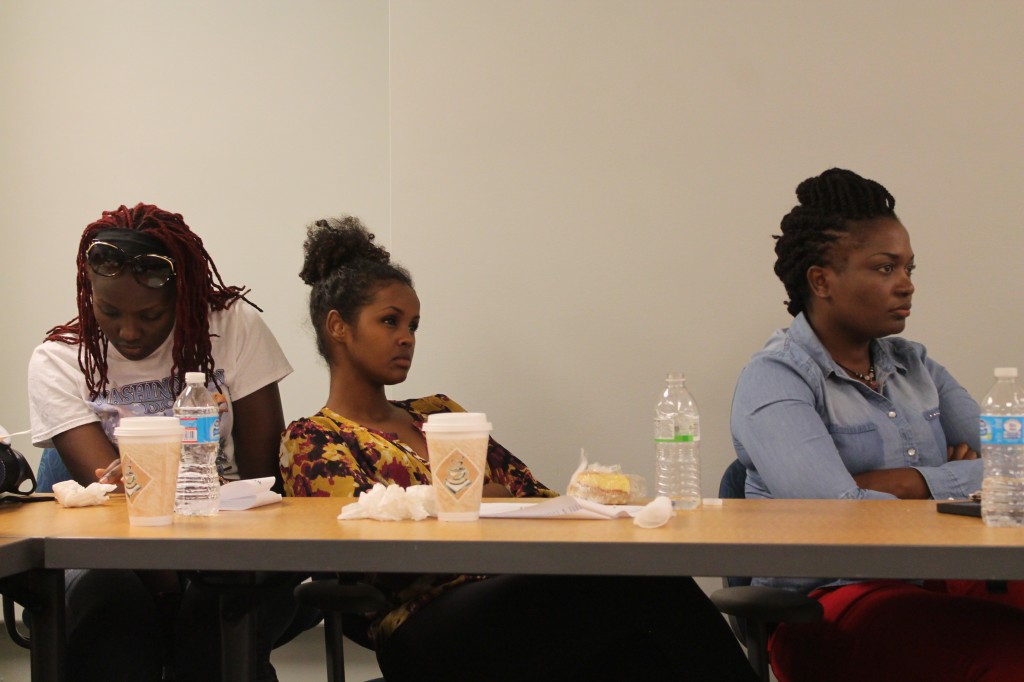Wednesday marked precisely five weeks and three days since the Washington Fellowship for Young African Leaders at the University of Delaware (UD) began. Looking back, I cannot help but marvel at the powerful, insightful, and transformative journey it has been. It has spanned from the rural precincts of Sithobela, Swaziland, my home, to the corridors of the American embassy in Swaziland, to the heart of state power at Lozitha Palace—where, for the first time in my thirty-three years of life, I came face to face with His Majesty, King Mswati III and got to tell him directly of my concerns about human rights in the country—to meetings with key political leaders in the “First State,” including Governor Jack Markell, Senator Chris Coons, and Congressman John Carney, Jr. The connections and alliances built with these people and our different instructors, as well as the YALI fellows, are invaluably important for my work and the cause for human rights, democratization, and the advancement of freedom in Swaziland and the southern African region. The fellowship has opened so many avenues and expanded my understanding of America, global politics, and the state of affairs in other Sub-Saharan countries participating at UD.
Swaziland YALI Fellows, together with Ambassador Makila James, meet with King Mswati III at Lozitha Palace before departure for the United States.
Powerful meetings:
Governor Jack Markell
Senator Chris Coons
Congressman John Carney, Jr.
The Wednesday session on project monitoring and evaluation was extremely instructive, engaging, and hands-on. Fellows were taken through the fundamental concepts underpinning program evaluation. This was defined as “the systematic assessment of the operation and/or the outcomes of a program or policy, compared to a set of explict or implicit standards, as a means of contributing to the improvement of the program or policy.” Emphasis was placed on the need for explict program standards for clarity of the desired task and how to attain the same. Three steps were outlined introducing us to the logic model, evaluation requirements, and methodology for program evaluation—with practical hands-on assignments throughout. The tools of monitoring programs with the view of “improving” their efficacy were dexteriously presented. The session was extremely informative, and it surely has expanded the knowledge chest of the fellows. The key lesson was that programs are not always perfect and that participation in constructing, implementing, and monitoring and evaluating them is cetral to their success. The new, yet simple, concepts and tabular instruments for this purpose will, indeed, positively contribute to the work of all of us going forward, and I am pretty sure I am speaking on behalf of my colleagues in this regard. It was a great session!
Hard at work: Ijeoma Idika-Chima, Fikiri Nzoyisenga, and Varshil Jasgray going through in-class assignments.
Giving lessons: Dr. Joan Buttran—an extremely experienced educator
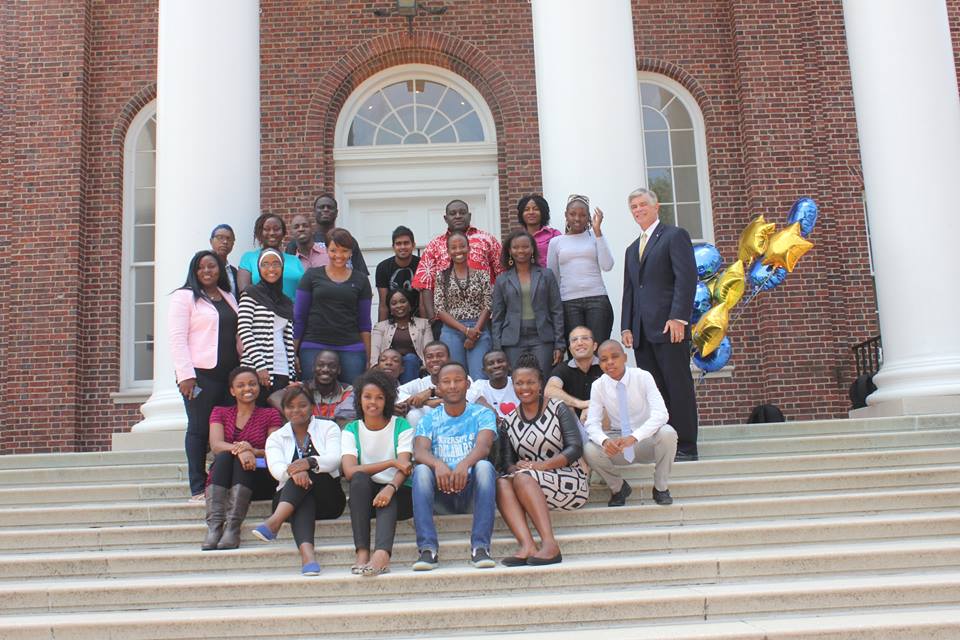 UD fellows with UD President Patrick T. Harker—Africa’s hope!
UD fellows with UD President Patrick T. Harker—Africa’s hope!





